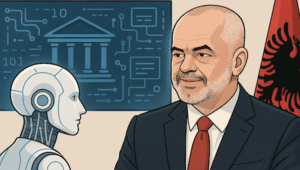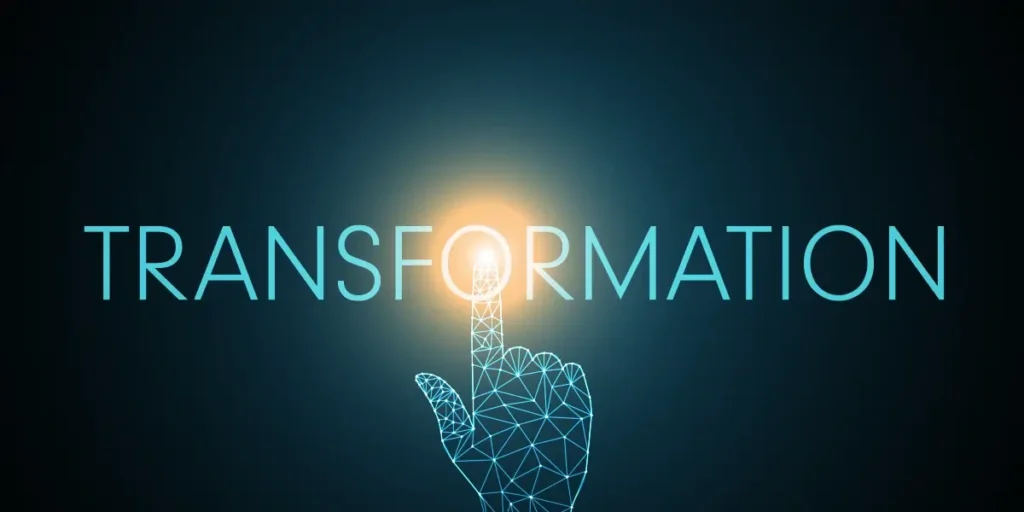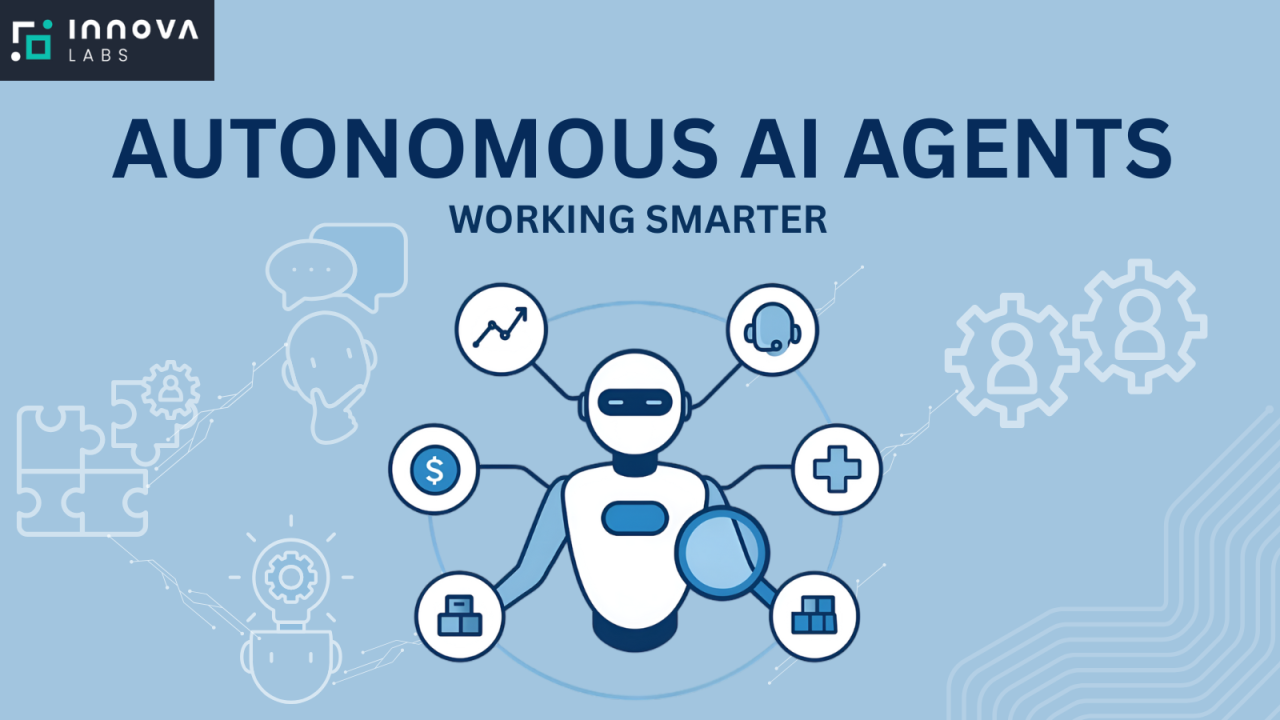Diella: Albania’s First “AI-Made” Minister — what happened, why it matters, and what comes next
On 11–12 September 2025 Albania made global headlines when Prime Minister Edi Rama announced that the government had added an artificial-intelligence system — presented as a virtual cabinet member named Diella — to its new administration. Described by officials as a tool to fight corruption and make public procurement more transparent, Diella is the first AI system to be given a cabinet-level role anywhere in the world. The move has been hailed by supporters as an innovative leap toward cleaner governance and denounced by critics as constitutionally dubious, politically theatrical, and potentially risky. AP News+1
What — exactly — is Diella?
Diella is an AI-powered virtual assistant developed by Albania’s National Agency for Information Society (AKSHI) and integrated into the state’s e-Albania digital services portal earlier in 2025. On the portal she functioned as a helpdesk and service automation tool: answering citizen queries, guiding users through bureaucratic processes, and helping issue certain digitally stamped documents. The avatar that represents Diella is depicted in traditional Albanian dress and accompanied by a name that means “sun.” According to government statements, Diella processed thousands of interactions on e-Albania before being elevated to a cabinet role. Wikipedia+1
Officials say Diella will be the virtual Minister for Public Procurement and will be used to oversee and adjudicate public tendering procedures with the aim of removing human discretion that can be captured by bribery, favoritism, or other corrupt practices. The prime minister framed the appointment as part of a broader agenda to modernize state services and make tendering “corruption-free.” The Guardian
When and how it was announced
The appointment was publicized in September 2025 as part of the new Cabinet lineup after national elections. Prime Minister Rama unveiled Diella at a public conference and presented her as an operating system within the government’s digital infrastructure rather than a biological person. Media outlets worldwide began calling Diella “the world’s first AI minister” and coverage exploded across TV, print and social platforms within 24–72 hours. AP News+1
Technical and operational details (what we know)
Public reporting indicates Diella is a composite system: an AI backend developed and operated by AKSHI, with a user-facing avatar and a voice — reportedly licensed from an actress for the avatar’s likeness and speech in some agreements. The system has been described as handling document issuance, citizen-facing support, and now performing automated evaluations of procurement bids based on pre-specified criteria to rank and recommend winners. Some reporting also notes collaboration or technical support from large private technology providers in bringing the system online. Wikipedia+1
Important technical caveats remain unclear in public reporting: the exact model architecture, training data provenance, decision-making logic, audit trails, human-in-the-loop thresholds, and safeguards against adversarial manipulation or data poisoning. Those are crucial details for assessing whether Diella will actually make procurement fairer — or merely encode new forms of bias. (Later sections cover the risks in more depth.) Wikipedia
Domestic reaction: optimism, skepticism and protest
Reactions inside Albania have been sharply mixed. The prime minister’s office and many tech-oriented supporters portrayed Diella as a bold experiment in using automation to shrink opportunities for graft — an acute political problem in Albania and a central plank of the government’s messaging as it seeks to align with EU accession standards. But opposition parties, constitutional lawyers, and street demonstrators criticised the move. Critics argued the appointment may be unconstitutional, that placing an AI in charge of quasi-judicial public procurement decisions raises accountability gaps, and that the public was not adequately consulted. There were public protests and vocal political pushback in the days after the announcement. AP News+1
Internationally, media coverage ranged from wonderment at the first-of-its-kind experiment to sober warnings from legal scholars and ethics researchers who flagged risks around governance, transparency, and the potential for algorithmic bias. euronews+1
Legal and constitutional questions
One of the thorniest issues raised by Diella’s appointment is legal: existing Albanian constitutional and administrative law presumes human office-holders who are politically and legally accountable. Governments typically require ministers to be natural persons entrusted with duties that can include discretionary judgment, oath-taking, and parliamentary scrutiny. Placing an AI in the role of “minister” tests these assumptions:
-
Who is accountable if Diella’s decision causes financial harm or violates procurement rules — the engineers who built it, the agency that operates it, or the minister who “signed off” the system?
-
How does parliamentary oversight work when decisions are produced by an algorithm?
-
Does a virtual minister meet statutory requirements for office?
-
Can citizens seek judicial review of an AI’s decisions and, if so, how are the AI’s internal processes disclosed in court while protecting trade secrets?
Several Albanian legal scholars and opposition figures have publicly questioned the constitutional basis for the appointment and whether Parliament — courts — or even the President can accept an AI as a bona fide cabinet member. Those debates are ongoing in the media and legal commentaries. AP News+1
Governance benefits claimed by proponents
Proponents of Diella and similar automation projects point to several possible advantages:
-
Consistency and rule-based decisions. Algorithms can apply the same criteria uniformly, reducing discretionary favoritism.
-
24/7 availability. Digital systems don’t take vacations and can process routine checks continuously.
-
Audit trails. A properly instrumented system can log every decision in a machine-readable trail that auditors can review more easily than opaque human processes — if the logs are complete and preserved.
-
Speed and scalability. Automated pre-screening of bids and document verification can accelerate procurement cycles and reduce bureaucratic bottlenecks.
-
Signal-to-noise improvement. AI can surface anomalies suggestive of fraud across large datasets that would overwhelm human reviewers.
These benefits are attractive in countries where public procurement has historically been a corruption hotspot — and they’re central to the government’s public rationale for Diella. The Guardian+1
Real risks and failure modes
But the upside comes with substantial risks, many of which have already been identified by independent researchers and ethicists:
-
Opaque decision logic. If Diella’s models are proprietary or inscrutable, affected parties can’t understand why a contract was denied. Lack of transparency undermines trust.
-
Garbage-in, garbage-out. If training datasets reflect historical favoritism, the AI can learn to replicate it — not eliminate it.
-
Adversarial manipulation. Procurement bidders could learn to game the system by adjusting proposals to exploit model-specific weaknesses.
-
Accountability gap. Without clear legal responsibility, harmed parties may struggle to get redress.
-
Concentration of power. Embedding important institutional decisions in a single technical system centralised in a government lab risks single points of failure and political capture.
-
Ethical and social effects. The symbolic elevation of an AI into a ministerial role may erode public expectations about democratic participation, if not carefully framed and constrained.
All of these make rigorous evaluation, external audit, and clear legal frameworks non-negotiable prerequisites for scaling similar experiments. Wikipedia+1
Transparency, audits and human oversight — the practical necessities
If an AI system is to be used in high-stakes governance, best practices from AI governance and procurement design point to several concrete steps:
-
Open criteria and open code/algorithms for scrutiny (or independent third-party audits under confidentiality).
-
Human-in-the-loop veto powers — humans should retain final decision authority on borderline or high-value contracts.
-
Comprehensive logging that makes it possible to reconstruct decisions and detect manipulation.
-
Red-team testing and adversarial audits to anticipate gaming strategies.
-
Legal frameworks that allocate liability and define routes of judicial review.
-
Sunset clauses and experiments — pilot the approach with clear review milestones before entrenching it into permanent institutional roles.
Public reporting about Diella indicates some administrative oversight exists in the background, but independent civil-society audits and parliamentary scrutiny will be essential to knowing whether Albania’s model is robust. Wikipedia+1
What Diella means for the rest of the world
Albania’s move is noteworthy because it reframes previously theoretical debates about algorithmic governance into a concrete demonstration: a nation has publicly elevated an AI to a quasi-ministerial role. Whether other countries follow will depend on evidence. If Diella demonstrably reduces corruption, shortens procurement cycles, and survives independent audit without producing harms, it could become a model for technology-driven integrity reforms. Conversely, if scandals or failures emerge, it may become a cautionary tale that reinforces the need for human control and legal safeguards.
Either way, the episode will likely accelerate international debate about AI in public administration: how to balance efficiency and fairness, how to legislate for algorithmic accountability, and where lines should be drawn between automation and human judgment. International bodies, EU accession monitors, and AI ethics communities will be watching closely. The Guardian+1
Politics and optics: is this reform — or performance?
Observers have also framed Diella’s appointment as both an administrative experiment and a political signal. For a government facing criticism over corruption, rolling out a high-visibility technological fix is simultaneously a reform narrative and a political communication strategy. That creates a dual risk: the tool could be used to win political credibility while leaving underlying institutional incentives unchanged. Critics say an avatar cannot substitute for deep process reform — improved audit institutions, independent prosecutors, and civil-service integrity measures — while supporters counter that the two approaches can be complementary. The truth will depend on implementation and measurable outcomes. The Economic Times+1
Early indicators to watch (metrics that matter)
To judge whether Diella is a meaningful reform rather than a headline, watch for these measurable signals over the coming months:
-
Procurement outcome variance: changes in the distribution of contract awards across bidders and firms.
-
Time-to-award: whether procurement timelines shorten without increased error rates.
-
Complaint and litigation patterns: whether appeals against procurement decisions increase and what courts decide.
-
Independent audit findings: results from third-party reviews of the system’s code, data, and outcomes.
-
Transparency of logs and decisions: availability of machine-readable decision records for oversight bodies.
-
Evidence of gaming or manipulation: indications that bidders modify behavior to exploit the algorithm.
These are the indicators that will separate rhetoric from impact. www.ndtv.com+1
A cautious verdict and recommendations
Albania’s appointment of Diella is historic and provocative. It marks a new phase in the relationship between AI and statecraft: moving from policy reports and pilot projects to a visible, symbolic, and operational role in government. That alone is a milestone worth studying.
But historic does not mean flawless. The experiment’s promise is real — automation can reduce routine corruption vectors when properly designed — yet the peril is equally real: opacity, weak legal frameworks, and poor oversight can embed new, harder-to-detect forms of unfairness. If Albania wants Diella to be a genuine governance success rather than a public relations triumph, it should:
-
Open the door to independent audits (both technical and legal).
-
Publish clear rules and criteria that Diella uses to score and rank tenders.
-
Ensure human final authority for high-stakes decisions and create channels for appeal.
-
Mandate adversarial testing and bug-bounty style programs for procurement algorithms.
-
Set sunset and review clauses so the system is evaluated against objective KPIs before becoming permanent.
-
Engage civil society to co-design transparency and accountability measures.
These steps will not eliminate risk, but they make it possible to manage and learn from a genuinely novel public-sector experiment. Wikipedia+1
Conclusion: a precedent that demands scrutiny
Diella’s elevation to a ministerial role is a landmark moment in the global story of AI and governance. It forces policymakers, technologists, and citizens to confront a question that until now lived on paper: how should democratic institutions incorporate automated decision systems in roles that affect public resources and rights? Albania’s experiment will be most valuable if it becomes a transparent, well-documented case study — one that others can evaluate and learn from — rather than an unexamined stunt.
For countries wrestling with endemic corruption and bureaucratic inertia, AI offers new tools — but not automatic salvation. The coming months and independent evaluations will determine whether Diella is a sun that brightens public life, or a mirror that reflects existing flaws more efficiently. Either way, the world will be watching. AP News+1
Sources (selected)
Reporting and background used to prepare this article include coverage from the Associated Press, The Guardian, Al Jazeera, NDTV/Indian Express, and the evolving Wikipedia entry on Diella. Wikipedia+4AP News+4The Guardian+4
For quick updates, follow our whatsapp channel –https://whatsapp.com/channel/0029VbAabEC11ulGy0ZwRi3j
Android’s integrated AI keyboard for message editing — the future of flawless texting







